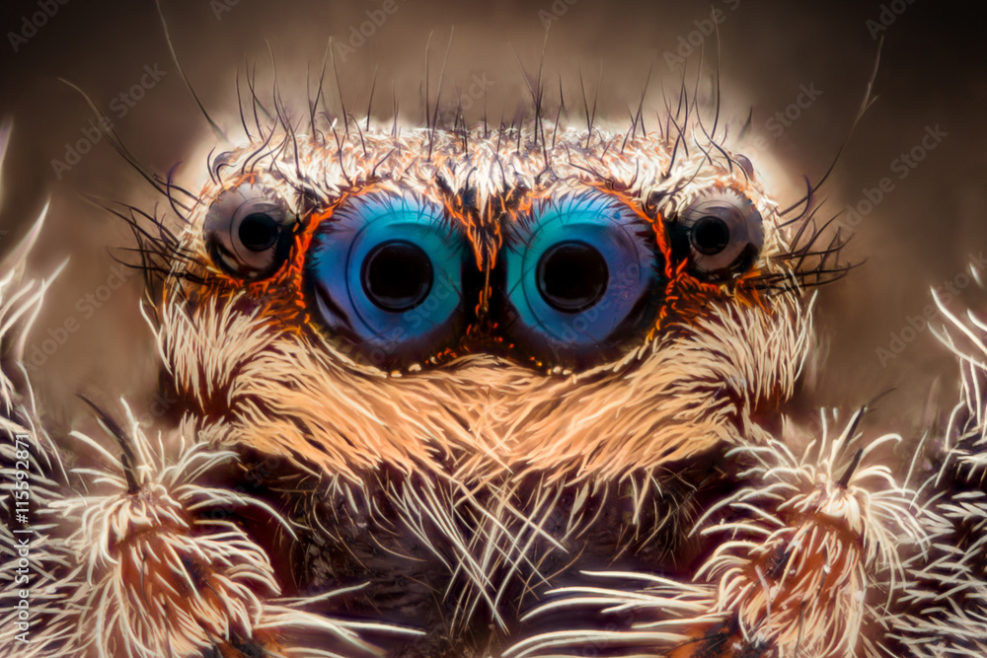
The Search for Extraterrestrial Life 16
The Webb wraps up a year of solid achievements, including the first direct image of an exoplanetIn our universe: Most distant galaxies observed in 2022: “Webb was made to observe the most distant galaxies in the universe, and in mid-December, scientists confirmed that they had done just that. The telescope has officially observed the four most distant galaxies known, which also means they are the oldest. Webb observed the galaxies as they appeared about 13.4 billion years ago, when the universe was only 350 million years old, about 2% of its current age.” – Rebecca Sohn, Space.com, December 29, 2022 Meanwhile, a much bigger telescope array, the multinational SKAO project, is under construction: Composed of respectively hundreds of dishes and thousands of antennas, the SKAO’s telescopes will be the two most advanced radio telescopes on Earth. Read More ›


















